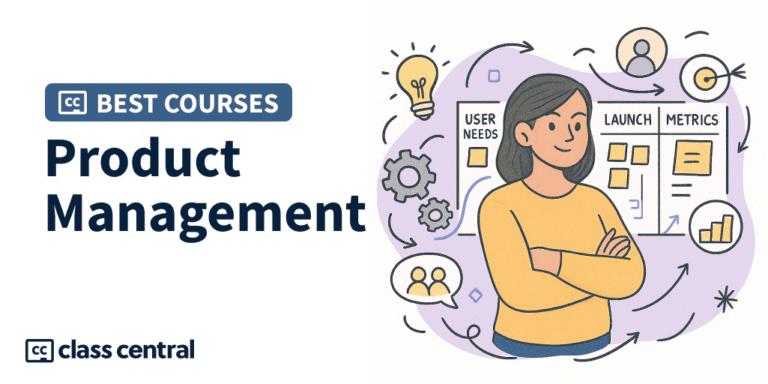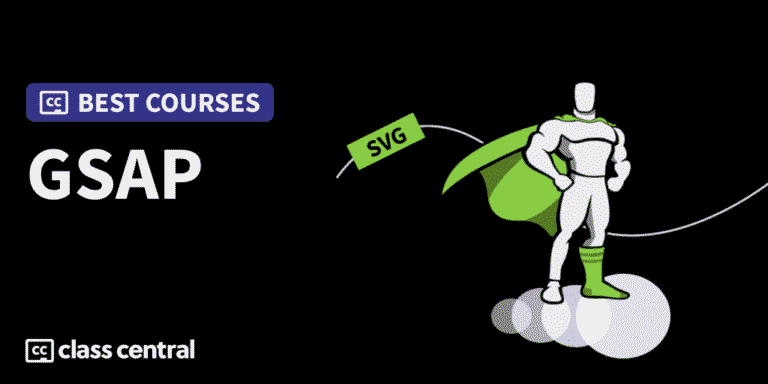
I’m entering my fifth year as the founder of a microschool, a small learning environment that currently serves approximately 20 students. After five years, this milestone is more than just a number — it is a symbol of survival, resistance and a promise kept to the children I refused to give up on.
My journey didn’t begin with entrepreneurship. It began with heartbreak, repeated heartbreak, in classrooms across the Southeastern United States. As the wife of a military serviceperson, I taught wherever we were stationed: Alabama, Louisiana, South Carolina and eventually, Georgia. Each new school offered a different name, a different ZIP code and a different student handbook, but the same painful story of Black children being overlooked, mislabeled, forgotten and left behind played out again and again: Black children left behind. Their brilliance wasn’t dimmed by ability, but by systems too broken — or too indifferent to see them.
I walked into classrooms where ninth graders were reading at a third-grade level. Where intervention was nonexistent. Where hope had packed up and left long before I arrived. Still, I threw myself into my work, believing that if I just tried harder or brought more creativity, relevance and joy to the classroom, I could make a difference. But every time I colored outside the lines, I was punished for it. After watching my students deeply engaged in learning, one district leader told me, “It looked like you’d been given free rein to be creative, and that’s a problem.”
A problem? My students were growing. They were curious. They were healing. In those environments, creativity was often seen as defiance, and culturally relevant teaching was just as perilous. One time, I even begged to include more African American literature in the curriculum. The answer was no, but I did it anyway, quietly, like it was something shameful.
That quiet defiance — teaching banned literature — changed me. I knew I could no longer beg to do what I knew was right. I needed to build something new, something bold. A space where test scores didn’t define worth. Where learning is personalized. Where Black history wasn’t a side note but a central narrative. A place where Black children could learn through joy, not just survive through trauma, or presumed trauma. Because contrary to popular belief, not every Black child is navigating poverty, violence or a broken home. Some just want to read a good book and be seen for who they are, not as a stereotype waiting to be saved.
So in 2021, I opened the doors to my microschool. And everything changed.
The Vision for Something Better
Edupreneur.
It’s a buzzword I hear often these days on social media, especially in teacher groups where educators are reimagining their futures. But for me, it’s more than a label: It’s the name I gave to the moment I chose freedom from micromanagement, standardized tests and a flawed system that was never truly built for the students I loved or the teacher I was becoming.
In the months leading up to the pandemic, I began drafting a business plan for what would become PASS Network, a microschool in South Atlanta that caters to parents seeking an individualized learning environment enriched in African American culture and real-world learning experiences.
My original vision was simply to help Black students and their families better navigate the public education system. I imagined a space where parents could access tools, attend workshops and learn how to advocate for their children in schools that often silenced or sidelined them. PASS Network was going to be a bridge — connecting families to the language, policies and strategies they needed to push for change from within.
But then, the world stopped. Classrooms went virtual. Something shifted, not just in education, but in me.
In some ways, going virtual wasn’t a setback to my plan; it was a breakthrough. Having already explored paperless classrooms and using technology in meaningful, student-centered ways, I leapt into the experience and thrived in it. I even hosted a virtual workshop for teachers to help them do the same. However, as more educators sought out virtual teaching jobs, the market for the services I hoped to offer became saturated with highly qualified, passionate teachers competing for underpaid contract work. We all had the same mission, yet we were still undervalued and disposable, even outside the system.
That’s when I stopped editing my business plan and started listening to my gut. The fallout of the pandemic confirmed that I no longer wanted to just help families navigate a broken system; I wanted to build a better alternative.
PASS Network was no longer just a plan but a declaration. Our kids don’t need more permission slips to exist in spaces that weren’t built for them. They need a new space entirely, and I was ready to build it.
From Teacher to Business Owner
Up to this point, everything I’ve shared sounds like it’s about children and education. Given that we are discussing learning environments for students and families, in many ways, it is. That’s the heartbeat of my work. Teaching has always come naturally to me. I can design engaging lessons in my sleep, hold space for complex emotions and guide a reluctant reader into a lifelong love of books. And after five years, I am happy to say that students are thriving, families are engaged and the vision that greeted me in my dreams has come to life.
The most challenging part of this work has been everything else that came with being an entrepreneur. Conventional education systems condition us to give until we’re empty. Give your evenings. Give your weekends. Buy the snacks. Fund the field trips. Smile through exhaustion. Without realizing it, I brought that same self-sacrificial mindset into my microschool — and it nearly burned me out.
I operated on love, passion and purpose. I undercharged, overgave, skipped contracts, blurred boundaries and burned out. I recreated the same unsustainable patterns I had been trying to escape, because I didn’t yet know how to lead without sacrificing myself. Suddenly, the once flashy title of edupreneur came with expectations that were tough to manage.
A few months after the microschool opened, I knew I had to shift my mindset from thinking like a teacher to thinking like a business owner. Because that’s what this is. A school? Yes. A mission? Yes. A deeply personal calling? Absolutely. However, this is also a business.
The hardest parts aren’t lesson plans and classroom management. It’s managing cash flow. Balancing the calendar. Filing taxes. Writing handbooks. Enforcing policies. It’s understanding that if you burn out, your school and the community of students, teachers and educators that you built may not survive. It’s knowing that boundaries are not just helpful — they’re essential.
This is not to say that I regret leaving the system. The work I do now is deeply necessary, but if I could do one thing differently, I would have shifted my mindset earlier from being a teacher with good intentions to a founder and leader with the entrepreneurial spirit and tactical preparedness to build a new environment that could engage, sustain, and help Black students and families thrive.
Building the Systems We Need
In retrospect, I’ve come to realize that many new school founders start with faith. While faith is a beautiful and meaningful virtue, faith without a plan to pay rent, invoice families, market your offerings and navigate hard conversations can leave you broke and broken. I know because I’ve been there.
But I also know this: You can learn. You can build. You can lead. You can dream and still protect yourself in the process. Your passion is powerful, but passion alone is not a plan. The Black students I serve deserve as much faith and effort as I can muster, because their learning and engagement depend on it.
To the next edupreneur: I encourage you to take the leap, but be sure to pack your toolkit. Don’t just build a school. Build it to last. Because being an edupreneur isn’t just about creating a better school, it’s about becoming a stronger, wiser, more intentional leader.
Now, when people ask me what I do, I tell them I’m not just a teacher. I’m not just a founder. I’m an edupreneur. And that word? It’s no longer just a buzzword to me. It’s a badge. A declaration. A reminder that even when the system couldn’t hold me, I built something that could.






